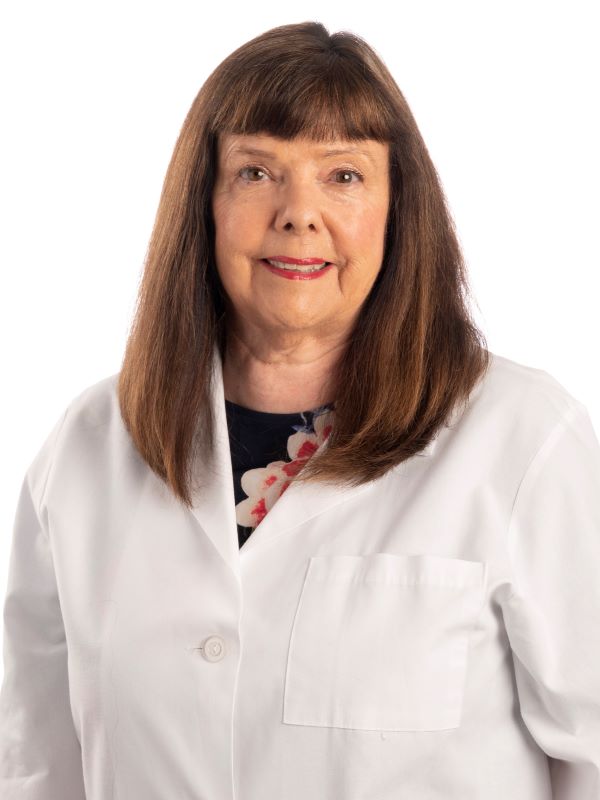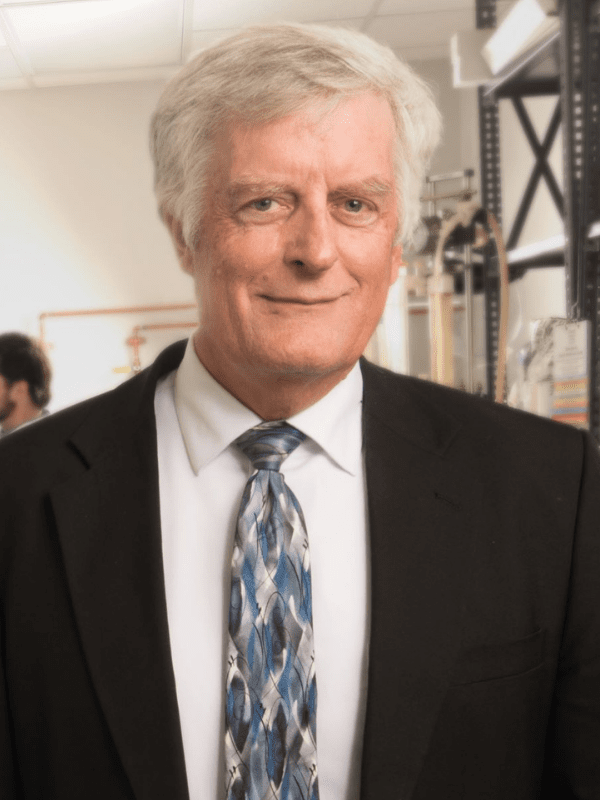Four leaders in research and education in the College of Medicine at the University of Arkansas for Medical Sciences (UAMS) have been promoted to the esteemed faculty rank of Distinguished Professor by the University of Arkansas System Board of Trustees.
Promotion to Distinguished Professor is a special distinction reserved for faculty members who are recognized nationally or internationally as intellectual leaders in their academic disciplines with exceptional accomplishments in research, teaching, scholarly publications and other work. Promotion to the rank requires endorsement from the respective department, college and UA campus leadership as well as the Board of Trustees.
At its Nov. 17-18 meeting, the Board of Trustees approved promotion to Distinguished Professor rank for:
- Gwen V. Childs, Ph.D., who has served as chair of the Department of Neurobiology and Developmental Sciences since 2000 and is internationally recognized for her work in endocrine and pituitary gland regulation and cytophysiology.
- Lawrence E. Cornett, Ph.D., who has advanced the research enterprise at UAMS and in Arkansas through numerous leadership roles during his 41 years on the faculty and continues to serve in the Department of Physiology and Cell Biology.
- Fred W. Prior, Ph.D., who has chaired the Department of Biomedical Informatics since 2015 and is internationally recognized for his expertise in cancer imaging, including his leadership in the development of a National Cancer Institute-funded public database.
- Nancy J. Rusch, Ph.D., who has chaired the Department of Pharmacology and Toxicology since 2005 and has served as the college’s executive associate dean for research since January 2021, in addition to leading many scientific training initiatives.
“We are exceptionally fortunate to have these leaders on our faculty,” said Susan S. Smyth, M.D., Ph.D., executive vice chancellor of UAMS and dean of the College of Medicine. “Dr. Childs, Dr. Cornett, Dr. Prior and Dr. Rusch hail from different fields of biomedical research and education, but they all share a strong commitment to rigorous, high-quality science and ensuring the best possible training for the next generation of physicians and researchers.”

As Chair of Neurobiology and Developmental Sciences, Childs provides leadership for faculty members who, in addition to their own research, are integral to pre-clinical education for new medical students. She has been a strong advocate for medical education throughout her career and is known as well for her mentorship of both colleagues and learners and for being a role model for women in science.
In 2019, Childs received the highest honor from the national Histochemical Society, the Gomori Award, for her pioneering research in the field of immunohistochemistry. Her early work included development of histochemical and immunohistochemical approaches to learn more about multipotential pituitary cells. Recent studies have focused on how the metabolome communicates with pituitary cells. Childs has been continuously funded since 1974 and has published extensively in scientific journals and textbooks.

Cornett’s UAMS leadership positions have included executive associate dean for research in the College of Medicine in 2007-2013, UAMS vice chancellor for research in 2007-2018, and other roles that have strengthened research programs, services and funding at UAMS. He served as executive director of the Arkansas Biosciences Institute in 2003-2007. National leadership roles have included serving on the Association of American Medical Colleges GRAND Steering Committee in 2016-2021, including a one-year term as chair, and chairing the EPSCoR/IDeA Foundation Board in 2017-2021.
For the past 20 years, Cornett has been the principal investigator and director of Arkansas INBRE (IDeA Network of Biomedical Research Excellence). The program has received $78.5 million from the National Institute of General Medical Sciences, to date, to promote and support mentorship-focused biomedical research for undergraduate college students and faculty across the state.

Prior has exponentially grown UAMS’ biomedical informatics capabilities, research and educational programs since his recruitment in 2015. In addition to chairing the Department of Biomedical Informatics, he is director of the biomedical informatics core of the UAMS Translational Research Institute and leads multiple federally funded projects. Prior has served on grant review panels for the National Institutes of Health (NIH), the Veterans Administration and the National Science Foundation for over 25 years.
Prior is principal investigator of The Cancer Imaging Archive (TCIA), an NCI-funded national public database for images relating to cancer that was launched in 2011 while he was on the faculty of Washington University in St. Louis. The TCIA transferred to UAMS with Prior’s recruitment, Earlier this year, it was cited as a prime example of a High-Value Data Asset for national research by a NIH working group.

As chair of Pharmacology and Toxicology for 16 years, Rusch has overseen growth in key research areas and the development of nationally recognized researchers and educators. She is also a leader in the UAMS Translational Research Institute, where she developed and co-leads TRI’s Health Sciences Innovation and Entrepreneurship (HSIE) Postdoctoral Scholars Training Program and directs new program initiatives in TRI’s Translational Workforce Development. She is a leading expert in vascular ion channel remodeling in hypertension.
Following her appointment as executive associate dean for research, she oversaw the launch of 1-2-3 GO, a new grant program for research teams from multiple departments and colleges. Among many initiatives, she is currently working to further identify research strengths and innovative collaborations in the college to help guide research investments that will help achieve UAMS’ “Vision 2029” strategic plan for improving health in Arkansas.
